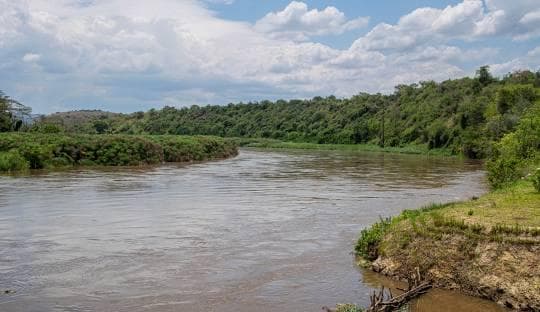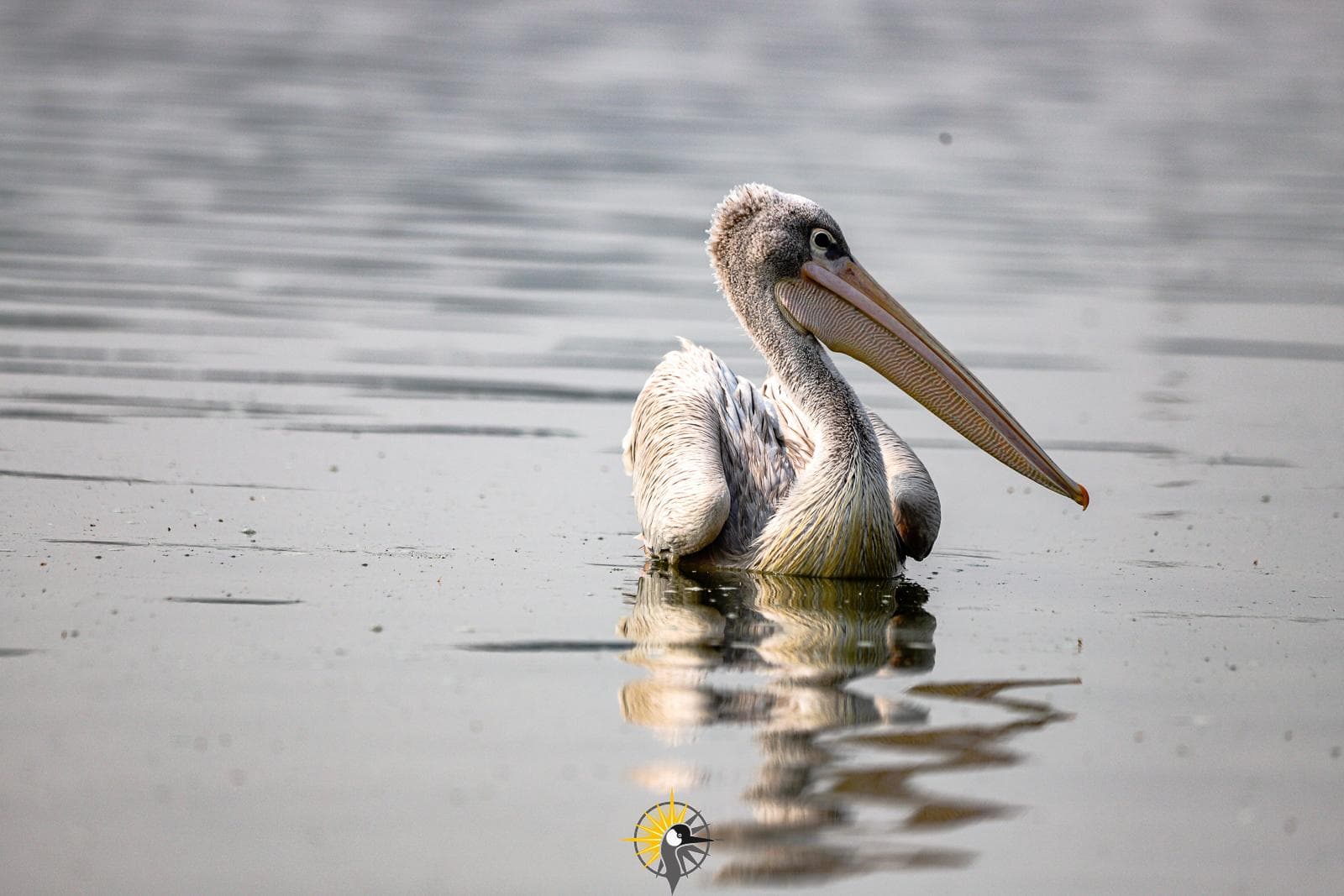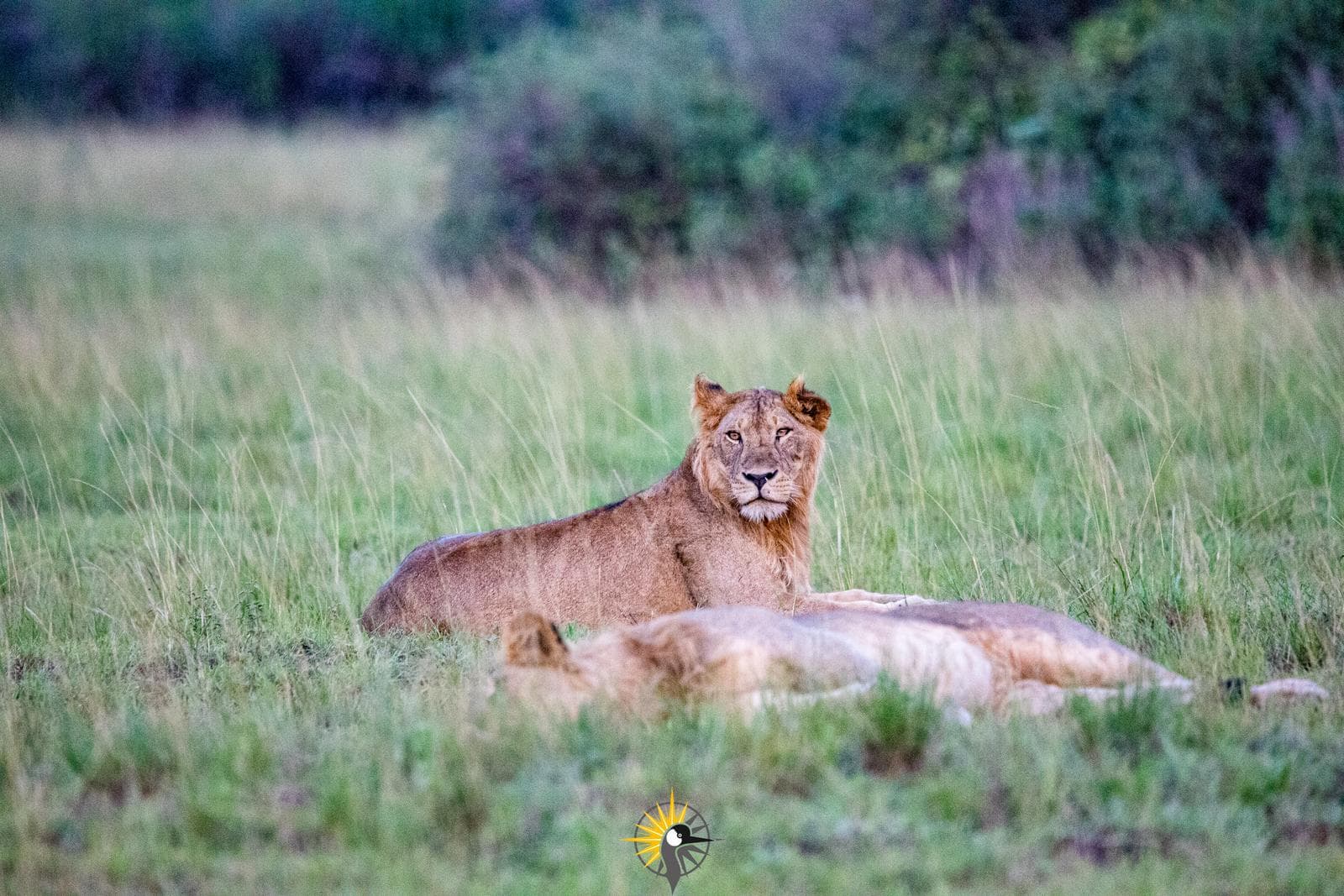

Flowing through the heart of Akagera National Park, the Akagera River is a lifeline for one of Central Africa’s most biodiverse ecosystems. Its waters sustain savannahs, wetlands, and woodlands, creating a mosaic of habitats that support an astonishing variety of wildlife. From the majestic elephants and lions to elusive shoebill storks and Nile crocodiles, the Akagera River is at the center of Rwanda’s natural wonders.
With its pristine landscapes and thriving wildlife, the Akagera River is not just a river—it’s an experience that blends adventure, relaxation, and eco-tourism.
The Akagera River is a crucial artery for the ecosystems of Akagera National Park. Its waters sustain the park’s vast expanse of savannahs, woodlands, and wetlands, creating a mosaic of habitats that support an astonishing variety of life. The river feeds into a network of interconnected lakes, including the picturesque Lake Ihema, and forms one of the largest protected wetlands in Central Africa.
This biodiversity hotspot is home to iconic African wildlife such as elephants, buffalos, giraffes, and lions. Aquatic species thrive in the river’s waters, including hippos, Nile crocodiles, and numerous fish species. Birdlife is particularly vibrant, with over 500 species recorded in the region. From the regal African fish eagle to the elusive shoebill stork, the Akagera River is a paradise for birdwatchers.
One of the best ways to experience the Akagera River is by embarking on a boat safari. These guided tours take visitors along the river or nearby lakes, offering unparalleled opportunities to observe wildlife up close. You’ll see pods of hippos submerged in the water, crocodiles lounging on the banks, and herds of elephants quenching their thirst at the river’s edge. The tranquil flow of the water creates a perfect setting for nature photography and quiet reflection.
For avid birdwatchers, the Akagera River is an unmissable destination. Its wetlands and surrounding landscapes are teeming with birdlife, from striking malachite kingfishers darting over the water to large flocks of egrets and pelicans. The riverbanks are alive with the chatter and songs of birds, making it an immersive experience for nature lovers.
While less commonly explored, fishing in the Akagera River is an exciting activity for those looking to connect with the river in a more hands-on way. Anglers can seek out tilapia and catfish, among other species. Proper permissions are required, ensuring that fishing remains sustainable and respectful of the ecosystem.
The Akagera River has benefitted immensely from ongoing conservation initiatives. In the mid-20th century, Akagera National Park faced significant challenges due to human settlement, agricultural encroachment, and poaching. These pressures extended to the river and its wetlands, threatening its ecological balance.
In 2010, the partnership between African Parks and the Rwanda Development Board marked a turning point for conservation in the region. Anti-poaching measures, reintroduction programs for species like lions and rhinos, and sustainable tourism practices have revitalized the park. The Akagera River is now part of a thriving ecosystem that attracts eco-tourists from around the world.
Local communities also play a vital role in preserving the river. Programs that promote community-based tourism, such as cultural tours and handicraft workshops, empower locals to benefit economically from conservation efforts. The Akagera River thus serves as both a natural and a socio-economic resource, bridging the gap between environmental protection and community well-being.
The Akagera River is best accessed through Akagera National Park, located approximately 2.5 hours from Kigali by road. The park is well-connected by a network of roads, making it easy to visit as part of a broader Rwandan safari itinerary.
The best time to visit the Akagera River is during the dry season, from June to September or December to February. During these months, wildlife congregates near water sources, increasing your chances of spotting animals.
Pack lightweight, breathable clothing, binoculars, a camera, and sunscreen for your river safari. If you’re planning a fishing expedition, ensure you’ve arranged the necessary permits through park authorities or a tour operator.
For a seamless experience, book your visit through a trusted operator like Musana Tours and Travel, which specializes in tailored tours that highlight the best of Rwanda’s natural beauty.
The Akagera River encapsulates the spirit of Rwanda’s natural and cultural heritage. It offers a rare blend of serenity and adventure, allowing visitors to experience the wild heart of Africa while reflecting on the delicate balance of conservation and human connection. Whether you’re cruising its waters, marveling at its wildlife, or learning about its history, the Akagera River provides a window into a world that is as timeless as it is extraordinary.
Ready to explore? Let Musana Tours and Travel guide you to the Akagera River for an unforgettable journey into Rwanda’s wilderness.




Kigali International Airport (IATA: KGL, ICAO: HRYR), formerly known as Gregoire Kayibanda International Airport, sometimes referred to as Kanombe International Airport, is the main airport serving Kigali, the capital of Rwanda. It is located in the suburb of Kanombe, approximately 10 kilometers east of the city center.
Read more
One of the wondrous sights in the land of a thousand hills is the Nyungwe forest. National park, It covers a wide area of over 1000 sq. Km in Rwanda extends to Burundi where it's called Kibira national park. Nyungwe forest receives about 200mm of rain annually and is Rwanda's largest water catchment belt
Read more
Kigali, the capital city of Rwanda, is a city that effortlessly blends modernity with tradition, offering travelers a unique and enriching experience.
Read more
Discover birding in Queen Elizabeth National Park on a 7-day guided safari. Spot shoebills, pelicans & raptors with Musana Tours & Travel.
Read more
Gorilla trekking vs chimpanzee tracking in Uganda—compare experiences, costs, and best parks to choose the perfect primate safari adventure.
Read more
Discover the best time to visit Uganda for wildlife, from gorilla trekking to savannah safaris, with expert seasonal insights from Musana Tours & Travel.
Read moreSubscribe to our newsletter to receive news, updates, free stuff and new releases by email.
© 2021 - 2026 Musana Tours and Travel All Rights Reserved
Designed & Maintained by Kaju Matic